Most Posen Jews were not eligible for "naturalization," and Luft estimates that only 5.5% of Posen's Jews were naturalized. Luft's book also contains an English translation of the Prussian decree that legislated the repressive conditions that Jews were subjected to. For example, even "naturalized" Jews could not vote in Prussian elections or hold elective office outside the Jewish community. Moreover, to be "naturalized," a Jew had to possess significant assets (either owning a farm large enough to support the family, or a plot in the city (debt-free) worth 2,000 Reichthaler, or having 5,000 Reichthaler in savings) or receive a waiver of the asset requirement for a "patriotic endeavor for the state." Jews who did not possess such assets were subject to deportation unless they could prove they were permanent residents of Posen province since June 1, 1815. An allegation by a Jew that he had lived in the Province since before June 1, 1815 was almost never challenged until after 1835, and then very rarely.
Our Lewin Jacob Braunhart was identified as a "Lehrer" (teacher or professor). He was also identified as living in Schubin and was naturalized on August 8, 1834.

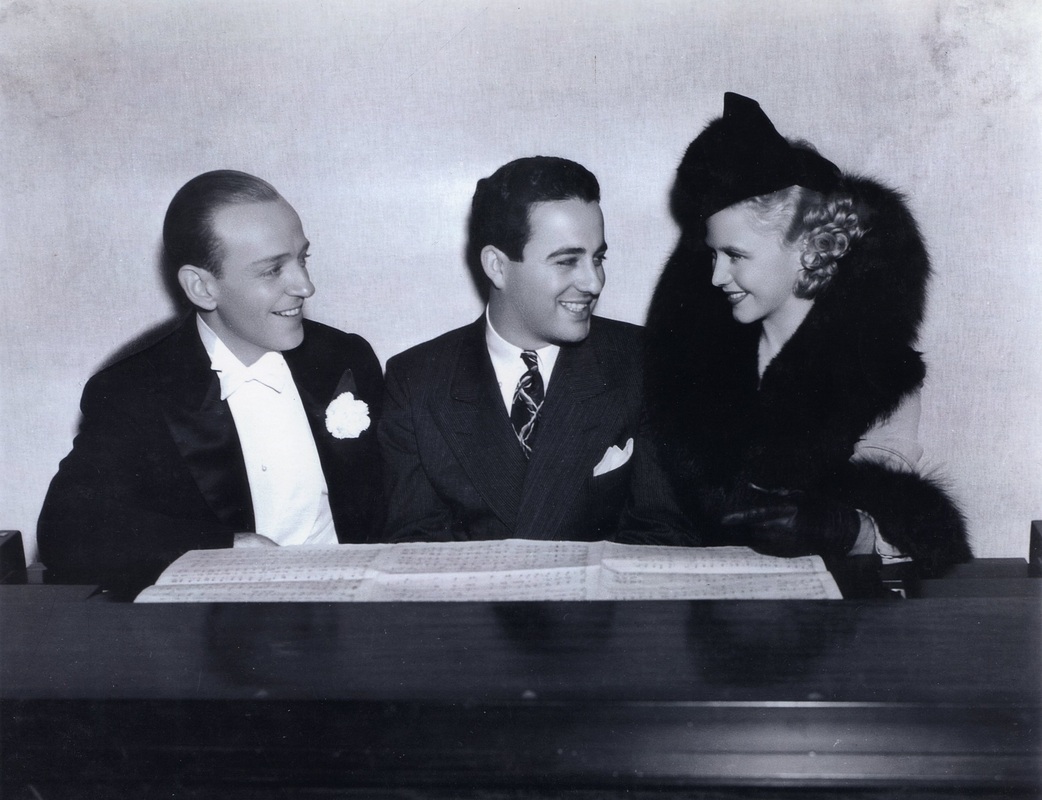
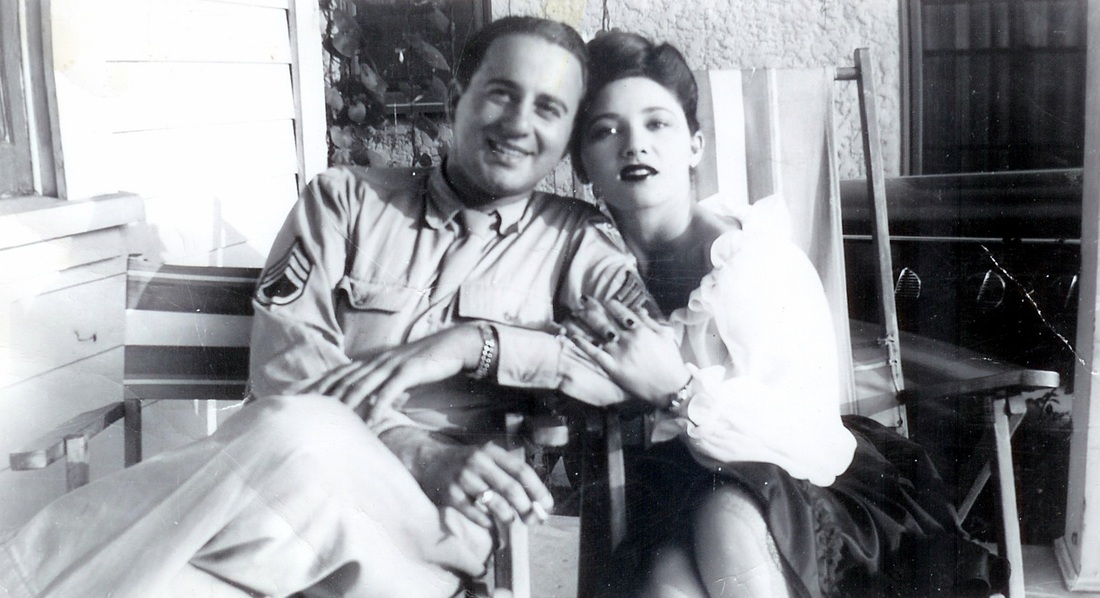
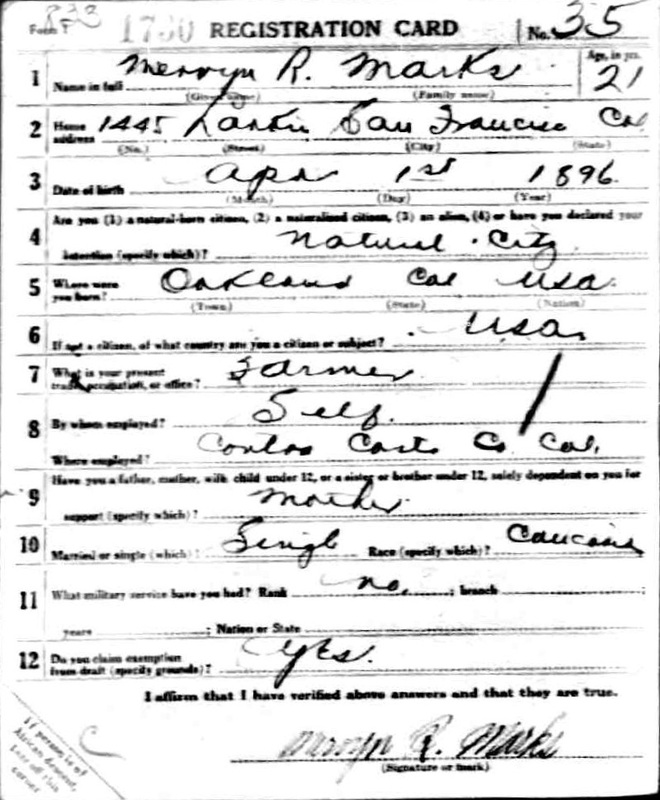
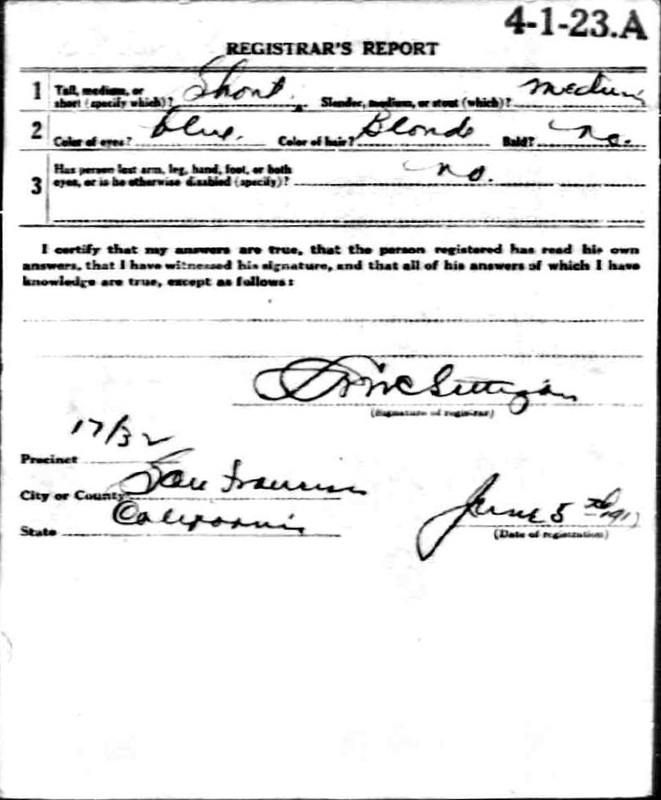

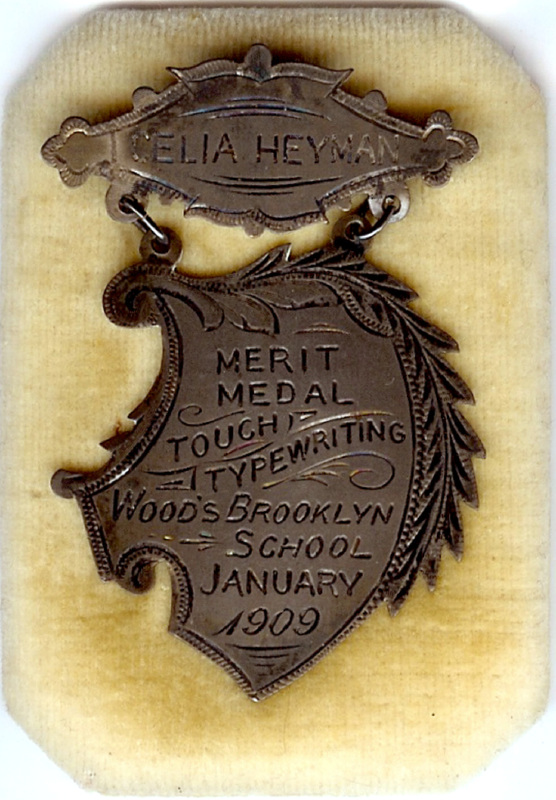
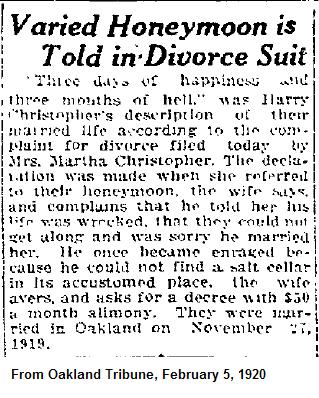
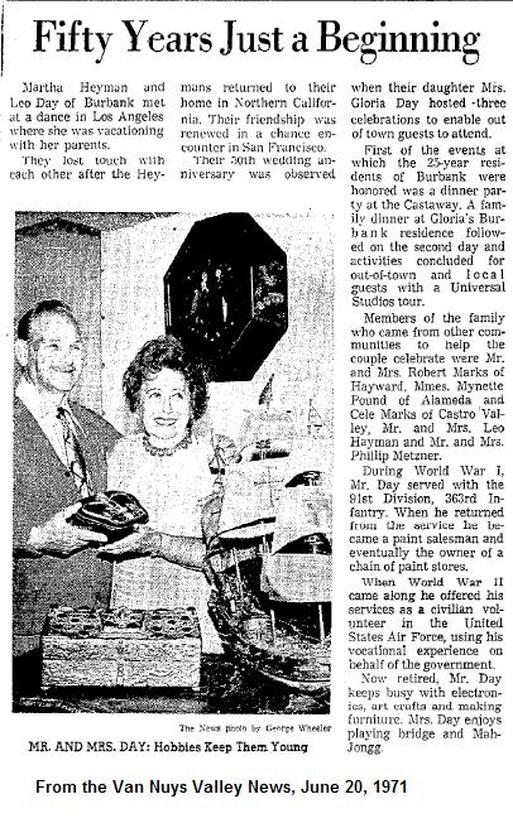
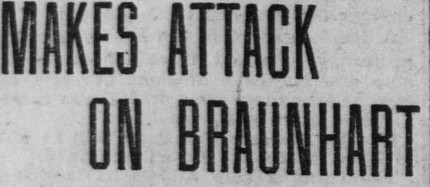


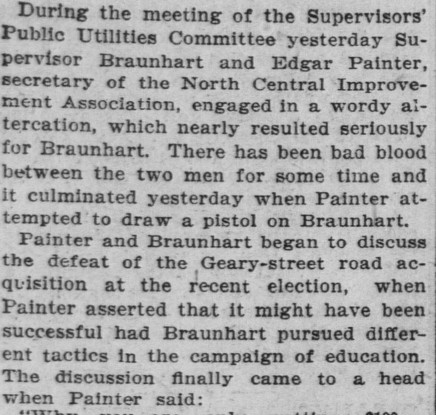
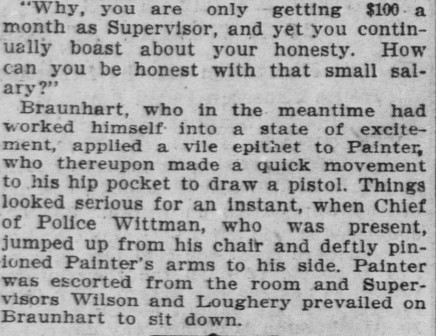
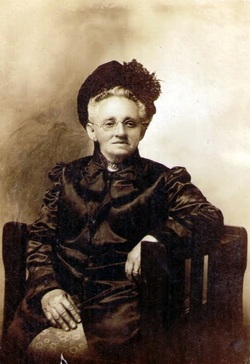
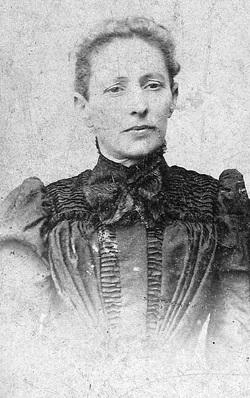
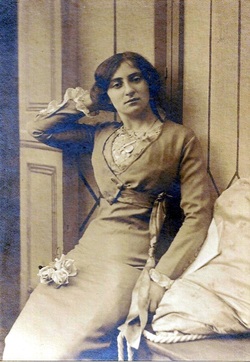
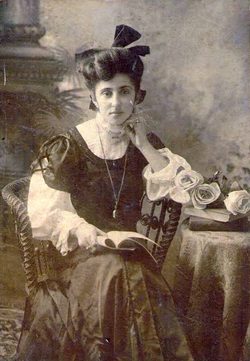
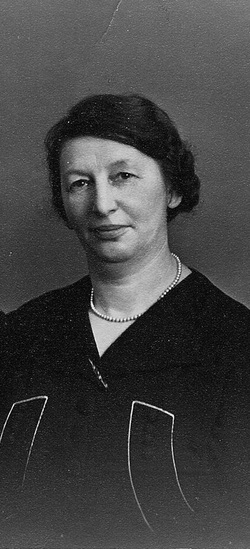
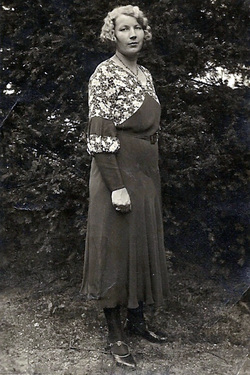
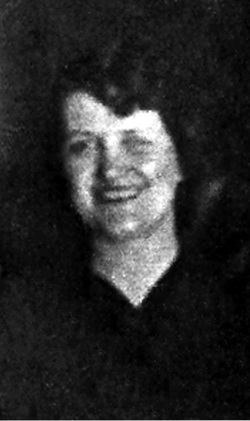
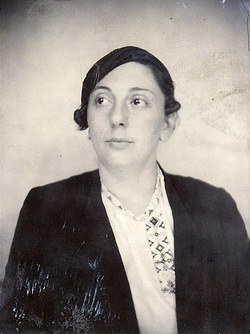
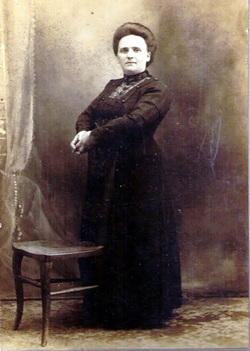
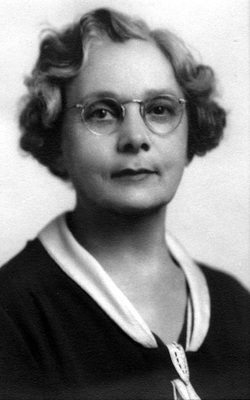
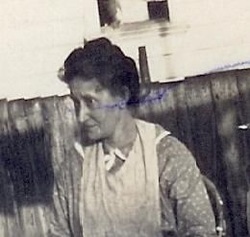
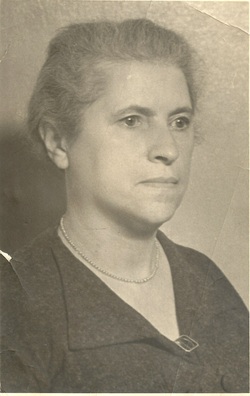
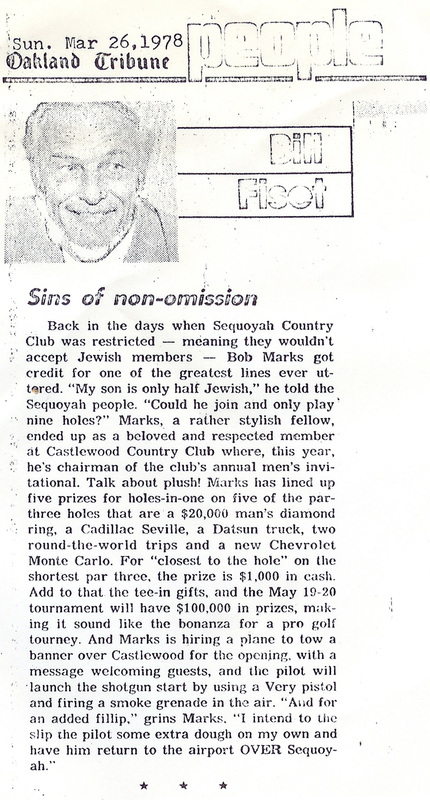
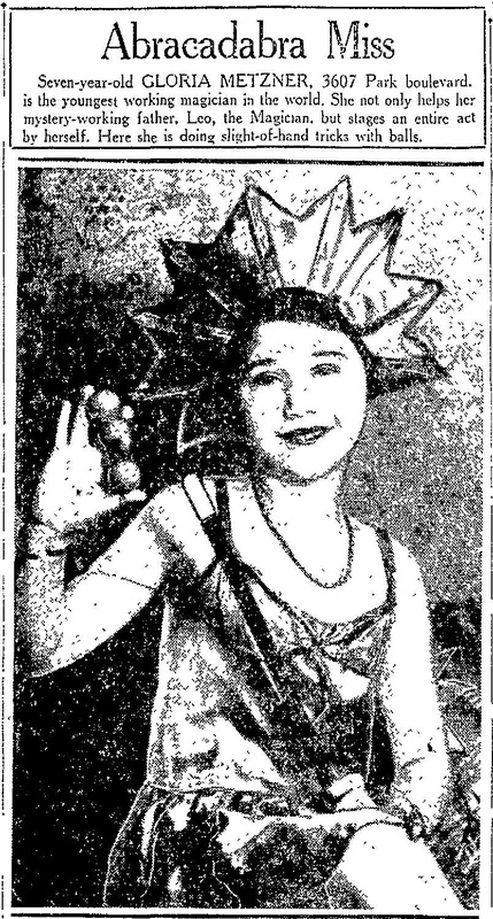
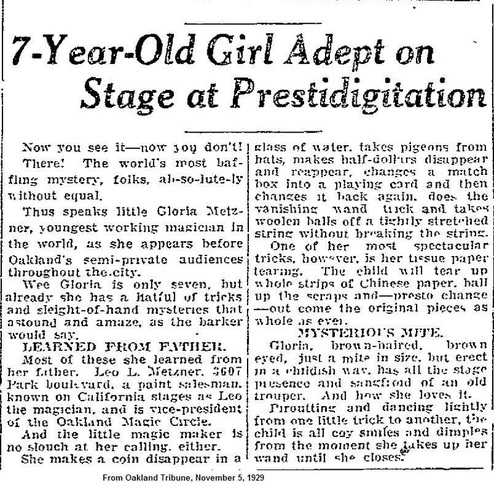
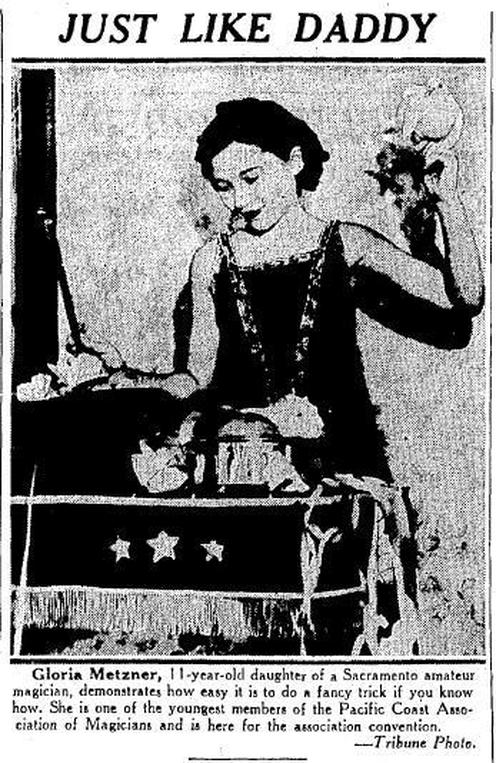
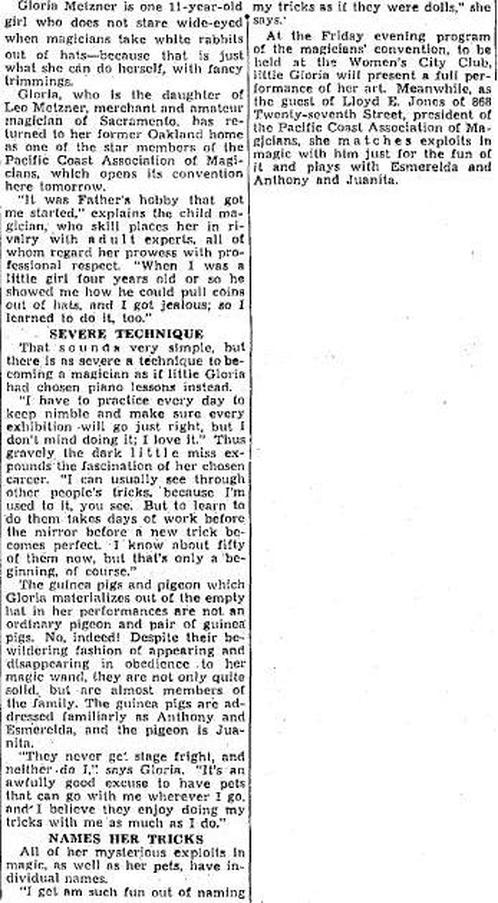
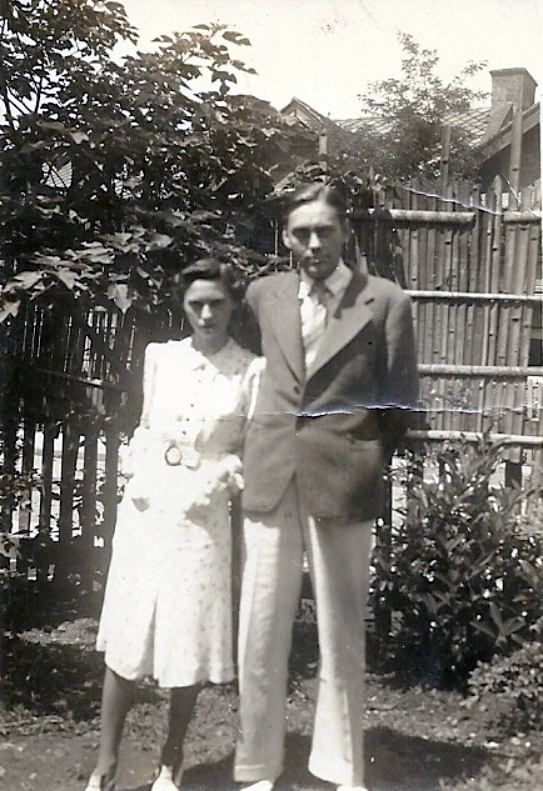

 RSS Feed
RSS Feed

